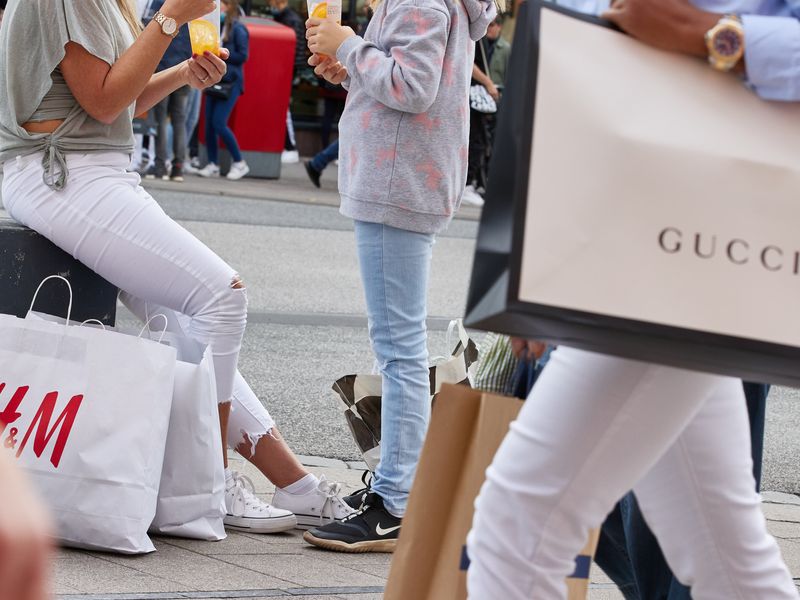Prague – The share of people who perceive themselves as poor is the 12th lowest out of 27 countries in the European Union. The number of people at risk of poverty in the Czech Republic was the lowest, and the level of inequality in the country is also the lowest. This is based on an analysis by XTB referencing Eurostat data. In 2024, 17.4 percent of people in the EU considered themselves poor, down from 19.1 percent the previous year.
The share of Czechs who felt poor was 14.2 percent last year according to Eurostat. The Czech Republic was far behind Greece at 66.8 percent, Bulgaria at 37.4 percent, and Slovakia at 28.7 percent. The percentage of people at risk of poverty in the Czech Republic was 9.5 percent, which is the lowest in the union. The EU average is 16.2 percent. Also, in terms of the share of people below the poverty line in individual EU countries, the Czech Republic ranks lowest with 11.3 percent.
“When looking at the comparison of perceived poverty in categories by age, education level, or labor market status, it is clear that the Czech Republic is among the countries with the smallest differences,” said XTB analyst Pavel Peterka. According to him, people with lower education levels are more likely to consider themselves poor.
Similarly, in line with the EU average, the smallest share of subjectively perceived poverty is among the oldest, that is, seniors over 65 years old. “The Czech Republic is still very egalitarian. The Gini coefficient, which represents a numerical expression of income inequality in the population, is consistently the lowest or one of the lowest in the EU,” Peterka pointed out. Thus, the share of the poor is relatively very low in the Czech Republic both subjectively and objectively.
“If the methodology were changed to not focus on typically strong areas of the Czech Republic, the results would likely be somewhat worse. Nevertheless, we would not be among the poor countries and poor people in a European, let alone a global comparison. This may contradict what we hear daily in recent years and months,” Peterka believes. (November 26)
 go to the original language article
go to the original language article
